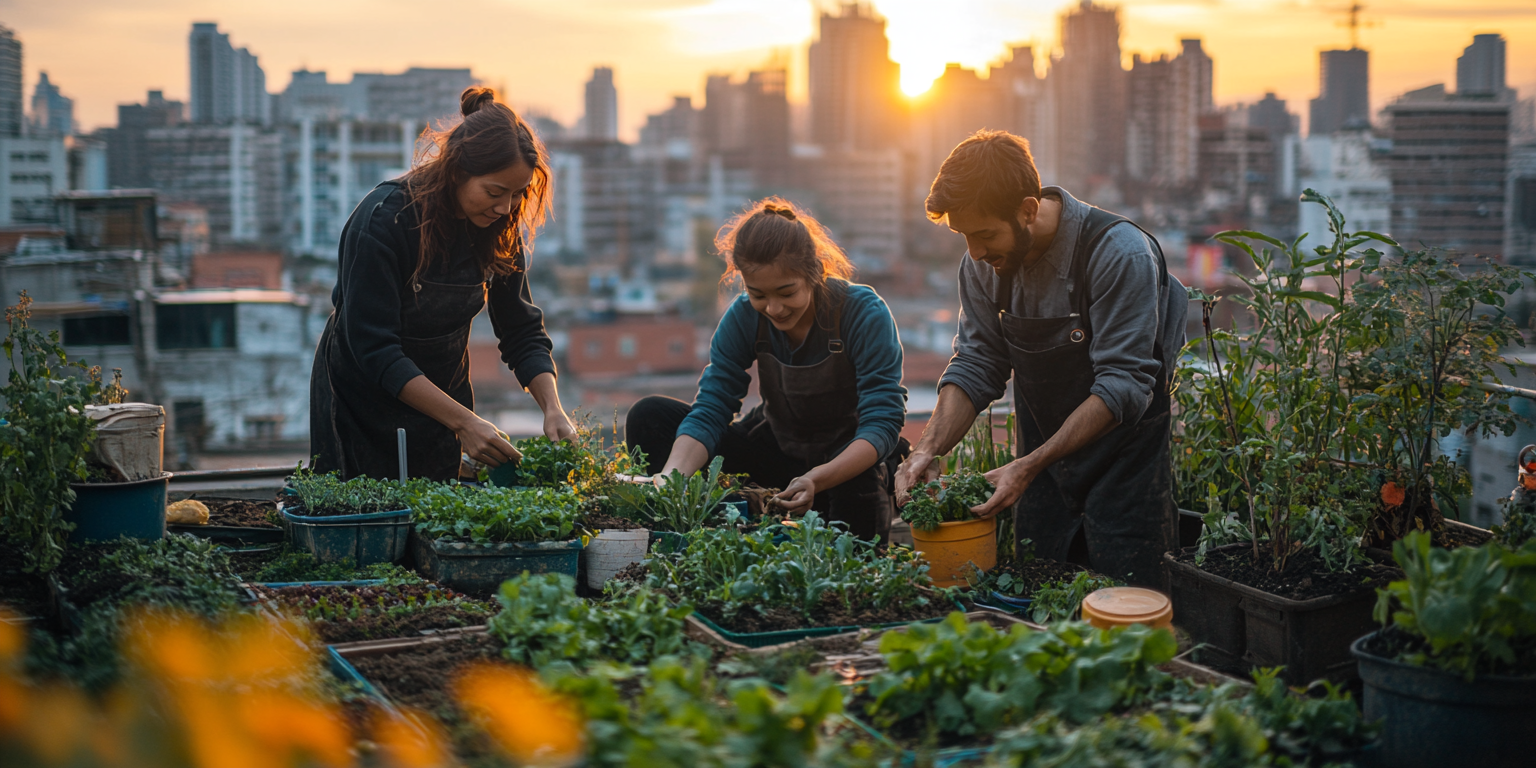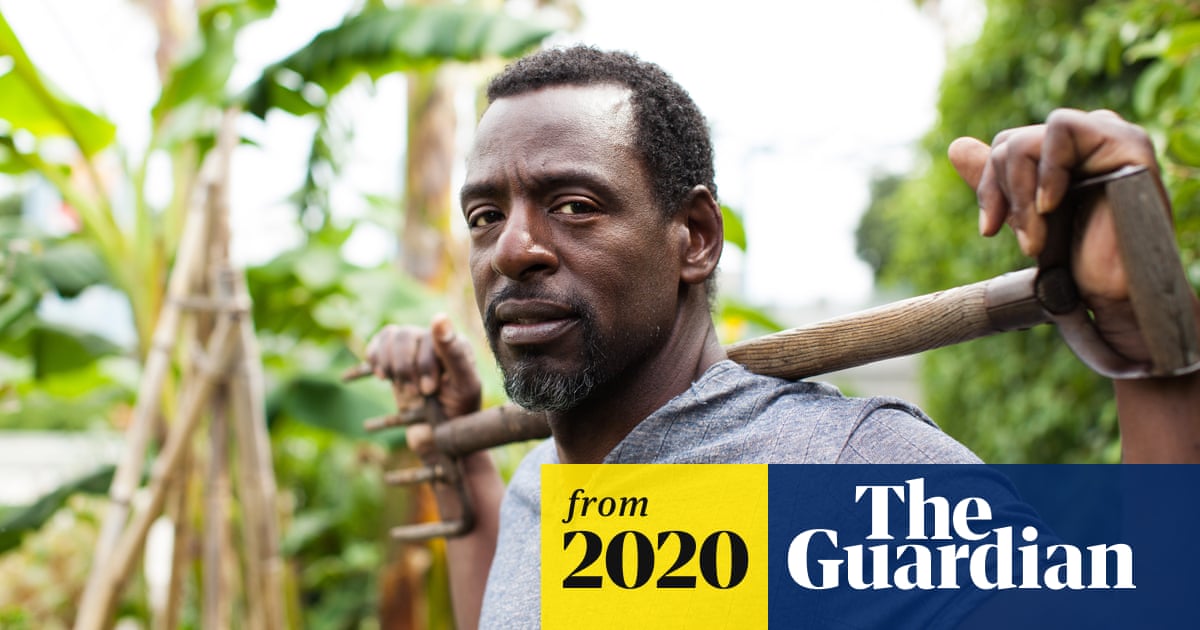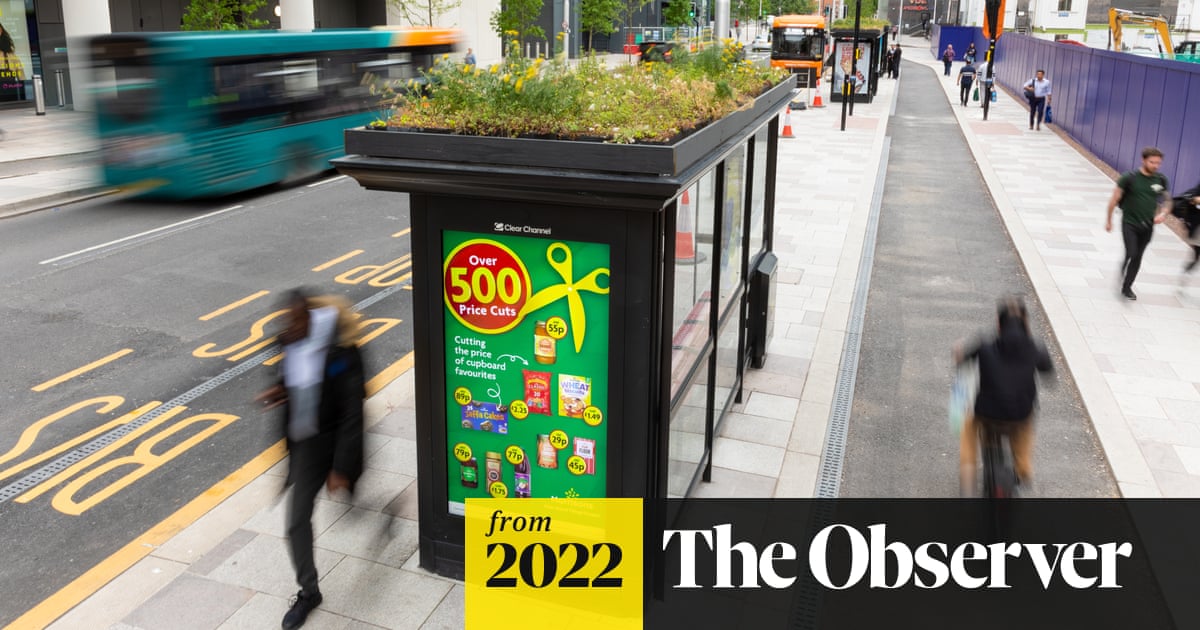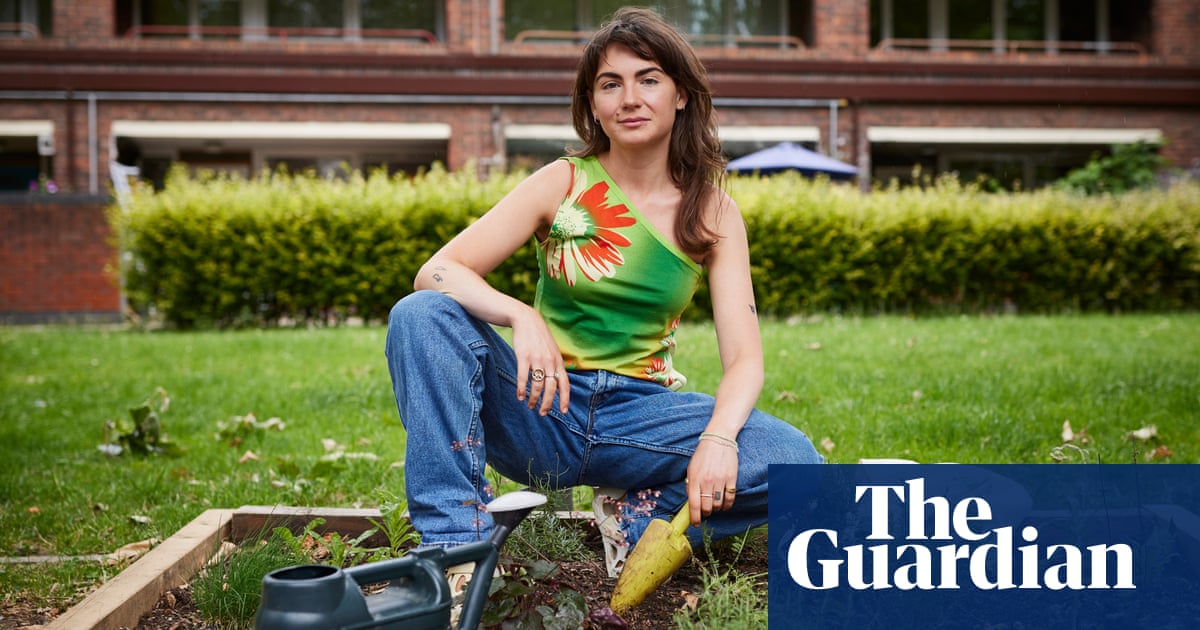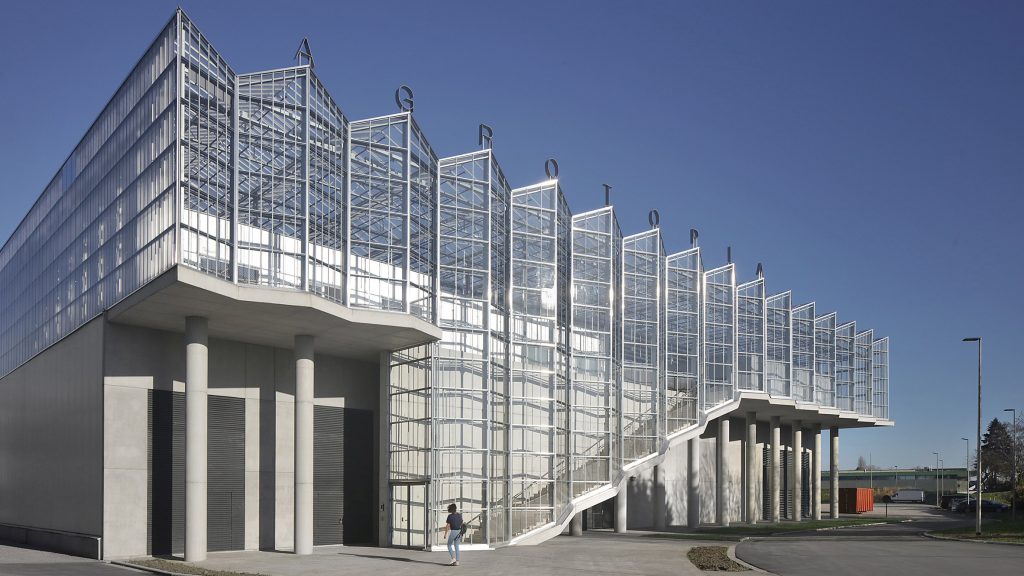In the heart of Los Angeles, amidst its urban sprawl, a revolution unfolds in 2010, led by Ron Finley, known affectionately as the ‘Gangsta Gardener’ with The Ron Finley Project. His crusade against food deserts in South Central LA through the power of urban gardening has not only greened the concrete but also sparked a worldwide movement. This initiative stands as a beacon of hope and resilience, demonstrating the profound potential of urban spaces to nurture life, community, and sustainability.
The Genesis of a Green Revolution
Ron Finley’s journey began with a simple, yet radical act: planting vegetables in a curbside dirt strip. This small gesture of defiance against urban decay has blossomed into the Ron Finley Project, transforming vacant lots into verdant gardens. These spaces are more than just sources of fresh produce; they are vibrant classrooms for nutrition, sustainability, and community building. Finley’s mantra, “growing your own food is like printing your own money,” encapsulates his vision of empowerment and self-reliance, inspiring individuals worldwide to reclaim their health, environment, and communities from the ground up.
The gardens cultivated by Finley and his followers do more than feed bodies; they nourish souls, forge bonds, and build communities. They serve as living laboratories where diverse groups come together to learn, share, and grow. This communal aspect of urban gardening resonates deeply with the ethos of connectivity and social impact, reflecting a universal craving for meaningful engagement and collective action in our increasingly digital and disconnected lives.
Europe’s Lush Landscapes of Change
The narrative of urban renewal and community through gardening is echoed across the Atlantic, where European cities are embracing green initiatives with open arms. In Copenhagen, the Østergro rooftop farm transforms unused city roofs into productive green spaces, offering workshops and communal dining events that strengthen community ties. Barcelona’s network of community gardens breathes life into underutilized urban areas, fostering biodiversity, environmental education, and neighborhood cohesion.
Berlin’s Prinzessinnengärten and the UK’s Incredible Edible Todmorden are testaments to the transformative power of community engagement and agricultural innovation. These projects not only beautify and biodiversify urban environments but also serve as catalysts for social change, encouraging cities to rethink their relationship with nature and food production.
The influence of these gardening initiatives stretches far beyond their immediate locales, inspiring similar projects worldwide. From the allotment gardens of Stockholm to the edible landscapes of Paris, urban gardening has become a global language of resistance against environmental degradation and disconnection. These projects are united by a common thread: the belief in the power of collective action and local solutions to address global challenges.
A Call to Green Arms
The stories of Ron Finley and urban gardening projects across Europe are not just narratives of environmental activism; they are invitations to reimagine our roles within our communities and the broader ecosystem. They challenge us to consider how we, as individuals and collectives, can contribute to a more sustainable, equitable, and interconnected world. For those moved by the vision of greener cities and more resilient communities, the path forward is rich with possibility. Whether it’s transforming a balcony into a pollinator paradise, joining a local community garden, or advocating for green spaces in urban planning, each action plants a seed of change. These efforts, no matter how small, are vital contributions to the tapestry of global urban gardening, weaving together a future where humanity and nature thrive in harmony.
The global urban gardening movement, exemplified by the Ron Finley Project and its European counterparts, represents a hopeful vision for the future. It embodies the principles of sustainability, community, and inclusivity, aligning with the aspirations of those who seek to make a positive impact on the world.
As we stand at the crossroads of environmental and social challenges, the stories of these green warriors and their concrete jungles serve as powerful reminders of what can be achieved when we come together to cultivate change. In embracing the ethos of urban gardening, we not only sow seeds for a healthier planet but also for a more connected, empowered, and sustainable society.



